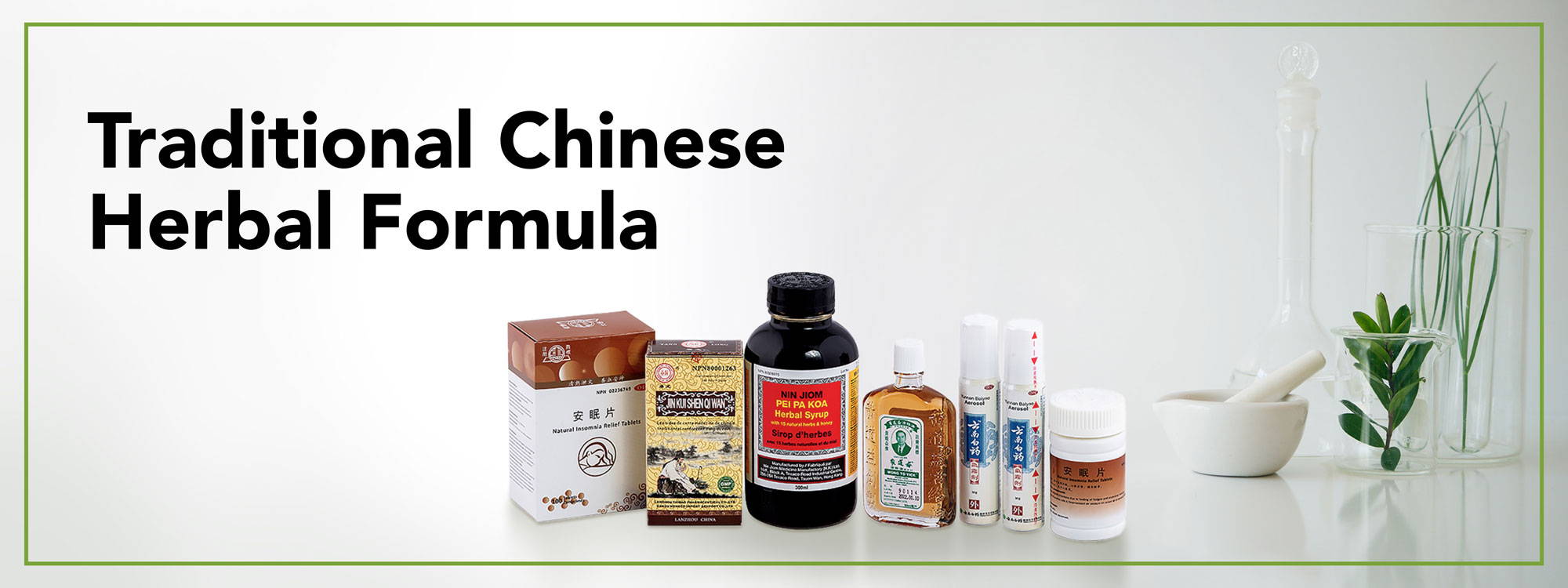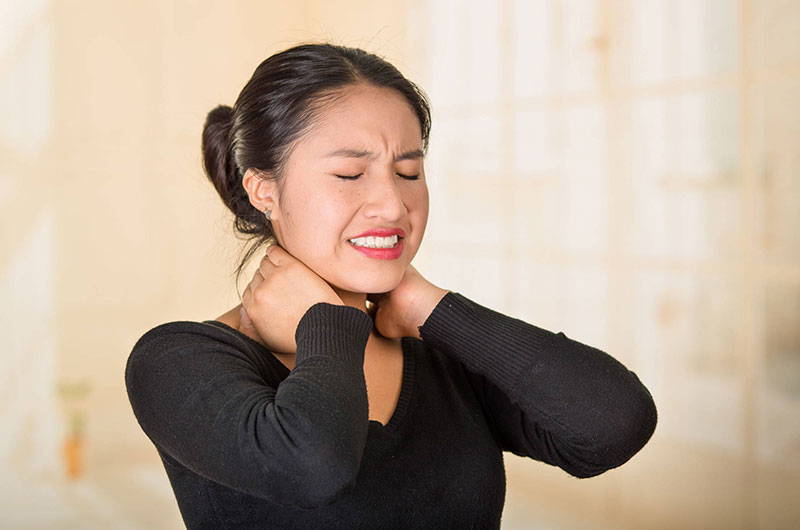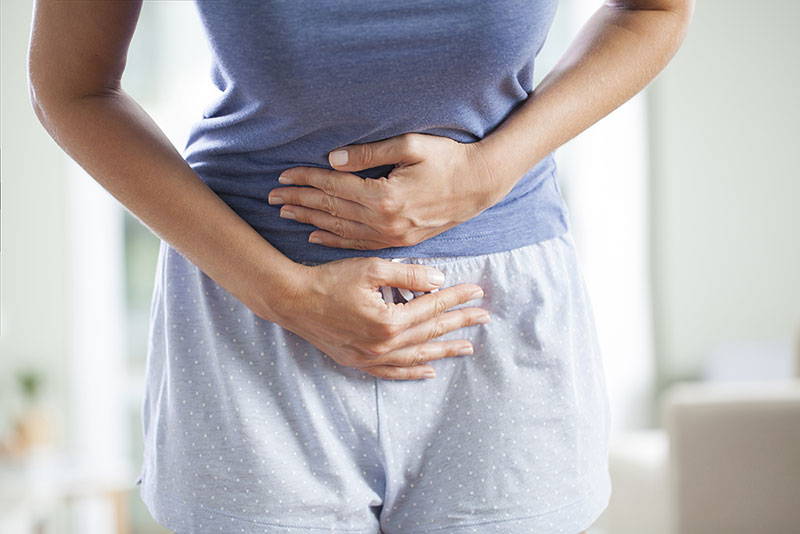
About Chinese Herbs
Traditional Chinese medicines are mainly derived from natural sources such as plants, animals, and minerals. Since the majority of them are made from plants and herbs, Chinese medicines are also called Chinese herbal medicines. As a major treatment in Traditional Chinese Medicine (TCM), Chinese herbology has been used for centuries. Practitioners have used herbs to treat medical conditions, relieve pain, and improve overall health.
Presently, there are over 300 Chinese herbs in use. Ginseng, wolfberry, dong quai, ginger, peony, rhubarb, cinnamon, and salvia are examples of most commonly used herbs. Chinese herbal formula medicine is unique in the way that different herbs can be paired together. Multi-herb combinations can help specific health conditions. Therefore, Chinese herbal formulas can target multiple symptoms simultaneously, while having very limited negative side effects on one's health.
Benefits

- Effective in treating skin conditions
- Helps to reduce pain
- Supports and boosts energy
- Ameliorates different sleeping conditions
- Promotes homeostasis
- Improves digestion
- Fertility support
- Anti-inflammatory effects
- Safe, effective, and has little side effects
Healing Property Categories
The categorization of Chinese medicinals is complex but important because different herbs have different healing properties. If you take the herbs without understanding their properties, it may cause serious side effects to one’s health, or it may not give the best results to treat one’s medical condition. Traditional Chinese herbal medicine’s medicinal properties are classified as nature, taste, meridian return, function, and toxicity.
Nature: The natural properties of a herb can be defined as hot, warm, cool, or cold.
Taste: The taste of a herb can be identified as acrid, sweet, bitter, sour, and salty.
Meridian return: The term meridian is defined by a set of pathways in the body where vital energy flows. Meridian return refers to a specific effect caused by a drug, to a specific part of the body, which has a therapeutic effect on the body part that has been alerted by disease and abnormalities.
Function: Different drugs are used for different medical purposes, for example, some herbs are used for preventing and treating wind-related diseases.
Toxicity: The side effects of Chinese medicine are generally mild and harmless to the body. There are some herbs that are more toxic or less toxic than others.
Efficacy
Relieve symptoms like bloating, diarrhea, stress, fatigue, insomnia, fever, anemia and asthma
Many herbs can help for menstrual cramps, menopause symptoms, and regulate menstrual cycle
Herbs are known to improve blood circulation and invigorate many organ's functions






